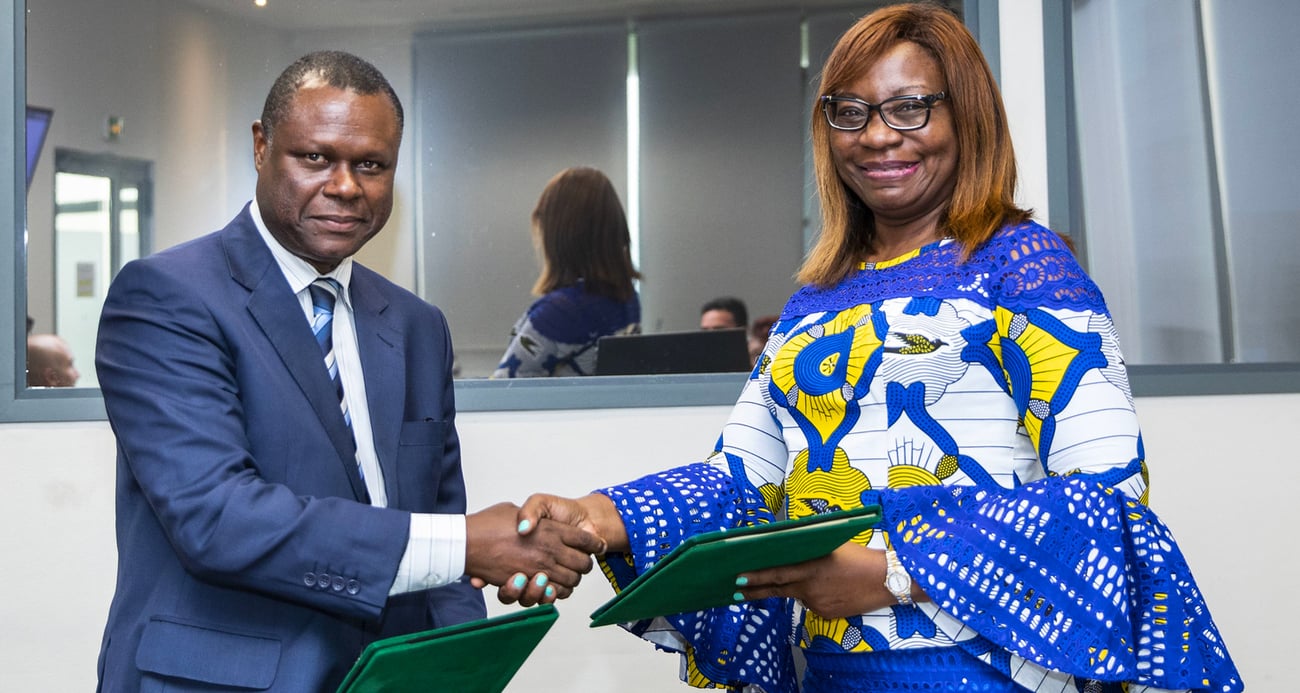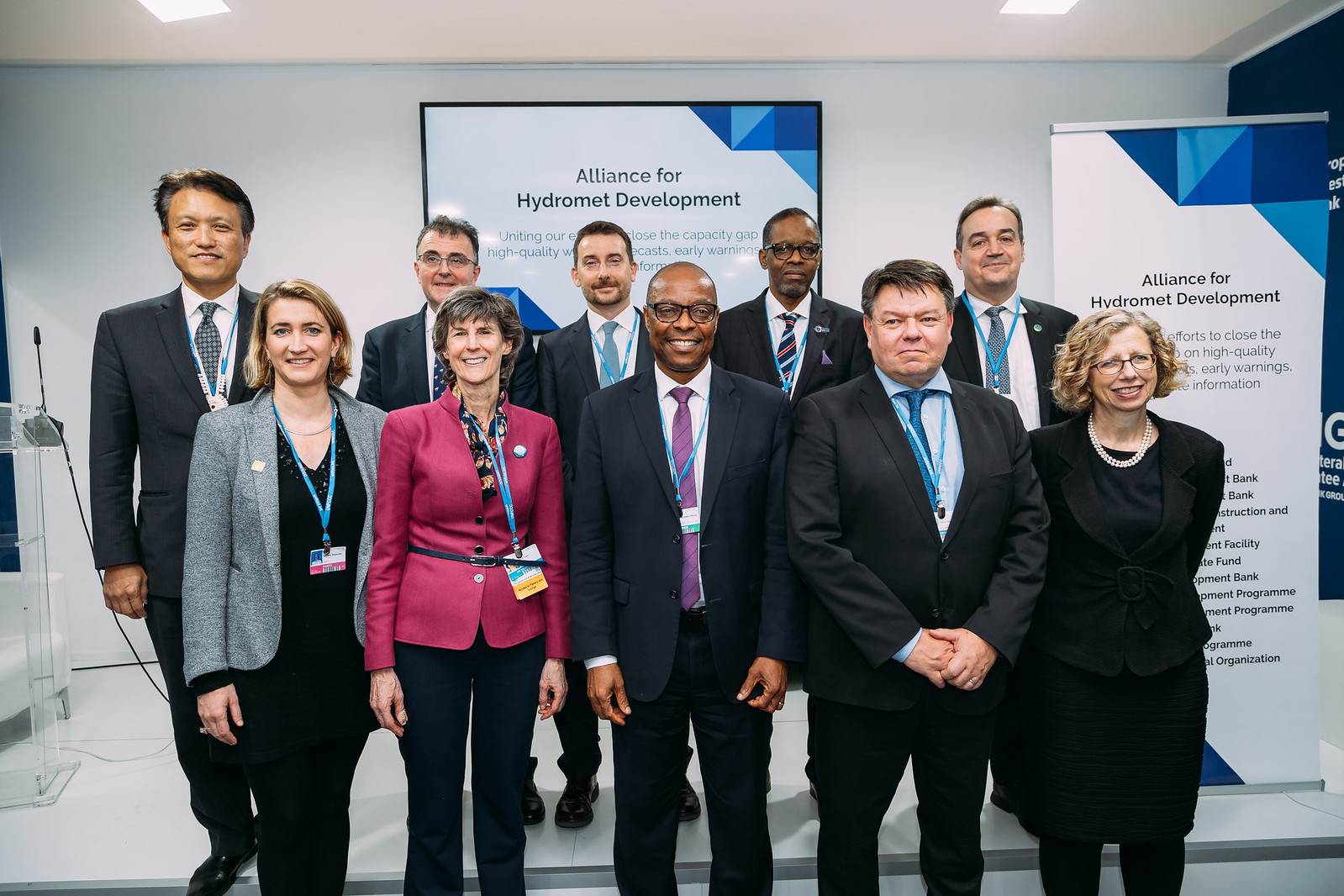The African Development Bank grants a loan of 56 million dollars to finance road access to the bridge between the two Congo
AfDB NEWS & EVENTS
17-Dec-2019
The Board of Directors of the African Development Bank granted, on Monday, a loan of 56 million US dollars from the African Development Fund intended to finance road access allowing access to the bridge which connects the capitals of the two Congo, Kinshasa and Brazzaville.
The implementation of the development project for these road accesses provides for major works on both sides of the river. On the Democratic Republic of Congo (DRC) side, the project includes road connections (construction and asphalting) of 6.8 km, studies of complementary access roads (Maluku-junction RN1) over 25 km and studies on on other infrastructures, in particular the bypass of the city of Kinshasa.
On the other side of the river, in Congo Brazzaville, detailed studies of the access routes between the localities of Yié and Maloukou (23 km) are planned, including the updating of the environmental and social impact study and of its management plan. A compensation and resettlement plan covering the access road to the road-rail bridge (3.2 km) will also be drawn up.
"This road-rail bridge will help ensure the continuity of road traffic on the Tripoli-Windhoek-Cape Town corridor, the branch of which in Central Africa, formed by the Cameroon-Chad-Congo-DRC link aims to link Yaoundé, Libreville, Brazzaville and Kinshasa, ”said Racine Kane, deputy director general of the African Development Bank for Central Africa.
In addition, drilling will be carried out in Maluku (DRC), which has nearly 700,000 inhabitants. The city's hospital center will also benefit from an ambulance and the rehabilitation of reception centers for patients with AIDS and cholera.
Given its agricultural and poultry potential, Maluku should take advantage of the completion of the project to accelerate its development and shelter a special economic zone. Its neighboring commune Maloukou, located in Congo, already shelters an industrial zone called to become a special economic zone in the periphery of Brazzaville which will extend on 200,000 hectares and will allow to create nearly 15,000 jobs.
"The project should make it possible to strengthen regional integration in Central Africa through increased trade between the two Congo and intra-community trade within the Economic Community of Central African States", concluded Racine Kane.
This project between Kinshasa and Brazzaville, conducted under the leadership of Africa 50 through the Public-Private Partnership approach, shows the central role of the Bank and the institutional synergy (State, NEPAD, PIDA, Bank) for the realization of this emblematic NEPAD project. It is also to be included in the framework of the Program for Infrastructure Development in Africa (PIDA) steered by the African Union Commission, the NEPAD Secretariat and the Bank.






